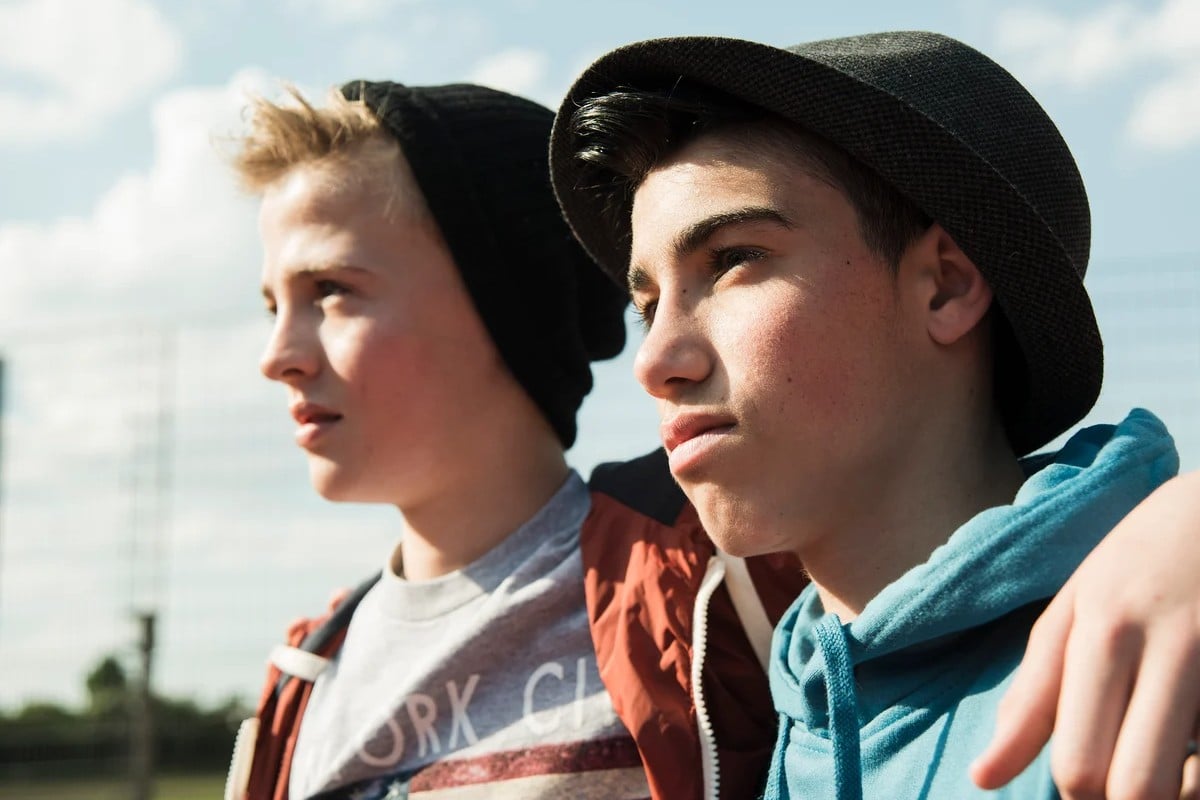
For many first time parents, the decision to have a second child is part of a bigger plan for their family.
Often, subsequent children are considered 'future playmates' for their first child, hopefully even 'future friends'.
We picture them playing happily together as toddlers, hanging out as teens, and growing up to be best friends, and sharing milestones together.
Unfortunately, it doesn't always work out that way. Sometimes, siblings just don't get along. In adulthood, of course, many siblings choose not to associate with each other at all, or maybe limit catch-ups to special occasions like Christmas and birthdays.
Watch: Should you stay together for the kids? Article continues after the video.
But what if your children's dislike for each other kicks in a little earlier than planned? Do you force them to spend time with each other, or accept that some people — even kids — just don't gel?
One woman reached out to the Facebook brains trust to share her dilemma with some fellow mums.
"My sons are like chalk and cheese," she wrote.
"The 15-year-old is football mad, the cool guy; 13-year-old is mildly on the spectrum, enjoys being alone and fishing.
"Both are amazing, but they hate each other. The older one is mean, the younger one reacts to everything.




























































































